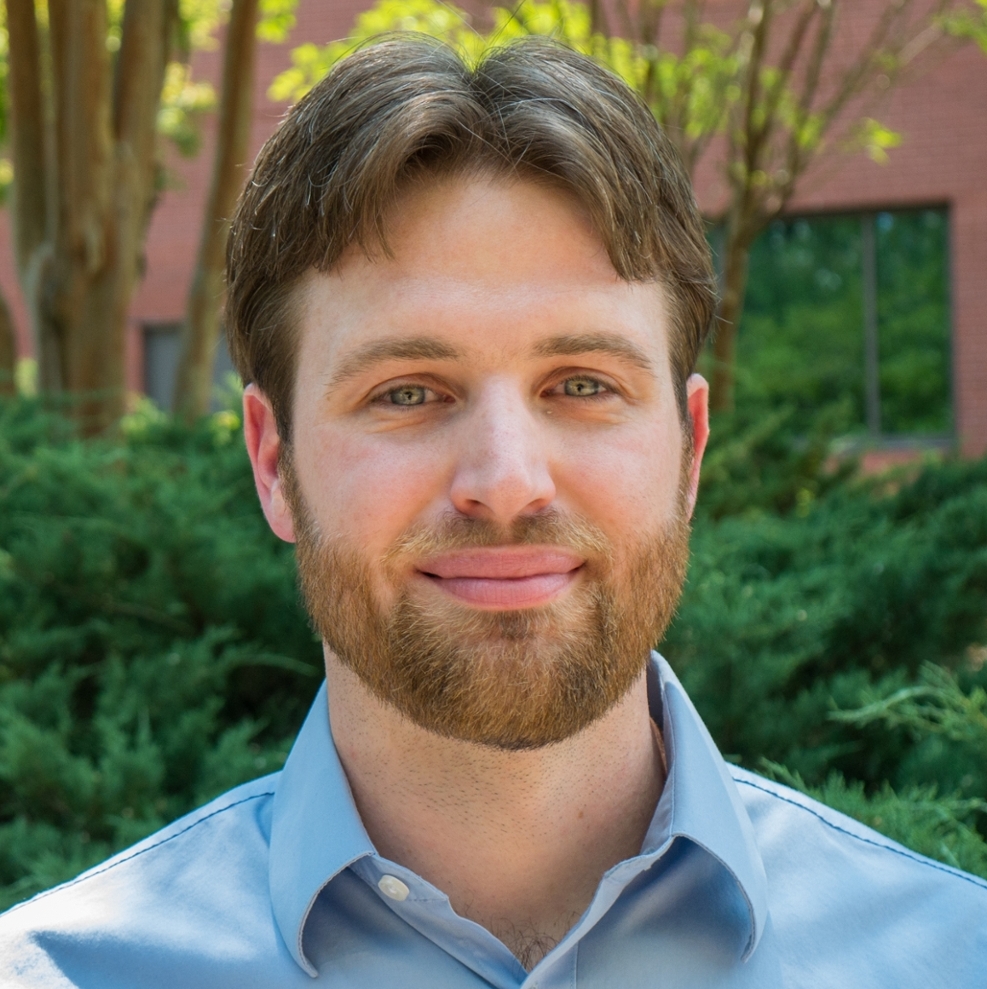Jordan Harshman Receives First NSF Grant
Dr. Jordan Harshman, assistant professor in the Department of Chemistry and Biochemistry, is the recipient of his first grant from the National Science Foundation (NSF) for $186,657.
The goal of the project is to create a robust chemistry-centric portal where educators from high schools and colleges can easily find instruments for assessments that already have been screened for the proper validation necessary.
He will be working with faculty at San Diego State University who will find the appropriate instruments and faculty at Portland State University who will then organize reviews of each instrument. Dr. Harshman will create a glossary that offers tiered explanations that include broad overviews to further detailed explanations of key terms used in instrument validation. He will also be responsible for overseeing its web presence.
“High school teachers and college professors of chemistry classes have to spend large amounts of time to search literature to find assessment tools or even create their own,” Dr. Harshman shared. “This NSF grant collaboration will allow us to put the best online instruments for assessment in one convenient place with open access for all educators.”
Dr. Harshman is part of the Discipline-Based Education Behavior (DBER) Research Cluster at Auburn.
“I believe that it is critical to instill the importance of evidence into all DBER fields,” he explained. “I want to be part of the effort to increase standards where it is innate to show the evidence and validity for all types of assessment tools used in the classroom.”
The project will include a Drupal-based website that can be easily maintained and updated. It will be hosted through the education division of the American Chemical Society Chem Ed Xchange. The project includes a continuation plan to ensure the collection of resources will remain current.
“This project will help educators know they are using the right assessment tools with scientific certainty,” Dr. Harshman said. “This work will ultimately impact both educators and students.”
Latest Headlines
-
02/12/2025
-
02/11/2025
-
02/10/2025
-
01/30/2025
-
12/03/2024

